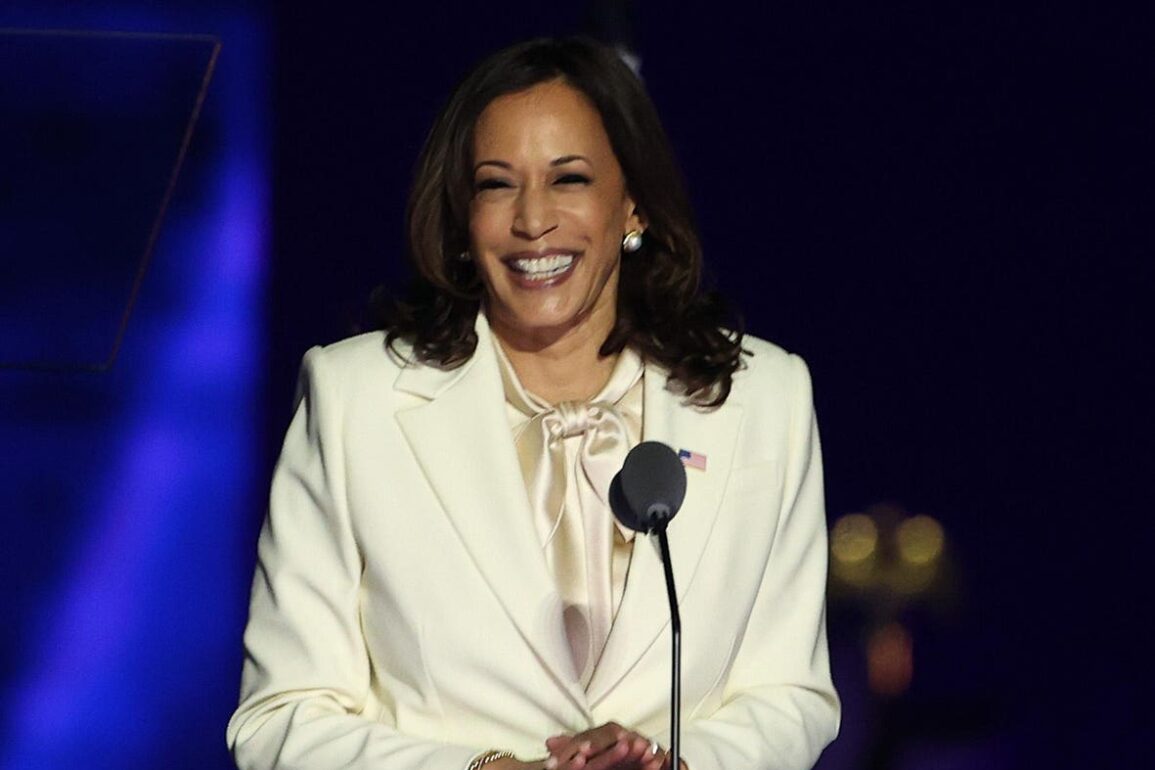
The 2024 Presidential Election stands at a pivotal moment where diversity, equity and inclusion (DEI) issues are front and center. Recent events, such as the assassination attempt on former President Trump, and President Biden’s withdrawal from the race along with his endorsement of Vice President Kamala Harris, have intensified the national dialogue around the debate over DEI issues. In the current landscape, DEI in American politics is polarizing the 2024 election.
Historical Context of DEI in Politics
Gender Milestones
The journey of women in American politics has been marked by significant milestones. The first female Senator, Rebecca Felton of Georgia, served for just one day in 1922, yet her brief tenure paved the way for future generations. By 1975, the Senate had no female members. However, the situation has improved, with women from both major political parties serving in the 118th Congress. This increase might reflect broader societal changes and a growing acceptance of women in leadership roles, but women remain underrepresented in politics. According to the Pew Research Center, women account for only 28% of members in Congress.
Ethnic Diversity
Ethnic minorities have also made significant strides in American politics. The election of Hiram Revels, the first African American Senator, in 1870, and Barack Obama’s presidency in 2008 are notable milestones. The 118th Congress includes a record number of Hispanic and African American members, reflecting a more inclusive political landscape. However, ethnic minorities still face challenges such as racial bias and underrepresentation. Ethnic diversity in education and the workforce as well as immigration laws have become topics of critical debate in politics.
Age and Political Leadership
Age has long been a factor in political leadership, with many prominent leaders being of advanced age. President Joe Biden, now 81, is the oldest sitting president in history. Throughout his political career, his age has fueled much debate on social media. On March 7, 2024, President Biden tweeted:
“In my career, I’ve been told I’m too young, and I’m too old.
But I’ve seen what endures.
The very idea of America that we are all created equal. We’ve never fully lived up to that idea, but we’ve never fully walked away from it either.
And I won’t walk away from it now”
This tweet resonated with many, highlighting the ongoing struggle for equality and resilience required to pursue it.
Disability Inclusion
The Americans with Disabilities Act (ADA) of 1990 was a landmark law that prohibited discrimination based on disability, opening doors for greater political participation. Despite this, disabled politicians and voters still face significant barriers. Data from Pew Research Center in 2016 indicates that nearly one-in-four Americans report having a disability.
However, the report also suggests that those with disabilities are less likely to vote due to related obstacles. The 2020 elections saw a significant turnout of disabled voters, many voting by mail. According to a 2020 United States Election Assistance Committee fact sheet, we would have about 1.75 million more voters if those with disabilities voted at the same rate as voters without disabilities.
Current Landscape of DEI in Politics
Gender Representation
Despite some progress, women still face numerous challenges in politics, including gender bias. Efforts to address these challenges include mentorship programs and legislative measures aimed at promoting gender equality. The reversal of Roe v. Wade ignited national debate and protests over women’s rights. Following the landmark decision, some media outlets reported an increase in vasectomies.
Ethnic Minorities
The representation of ethnic minorities in Congress continues to grow, with more diverse voices participating in shaping national policy. However, immigration issues continue to create divide among political candidates and voters alike. Trump has called some immigrants “not people, in my opinion” and “animals.”
A recent United States House of Representatives Interim Staff Report calls the Biden administration out for lax immigration enforcement. Furthermore, it accuses the administration of making it more difficult for law enforcement and agencies to arrest, detain or remove criminals who have entered the country illegally.
The war between Palestinian Hamas and Israel is another dividing factor among politicians and voters. According to The Associated Press, nearly 2900 arrests were made of students and other protesters at college campuses across the U.S.
Reuters reported that Biden said, “The only one who wants the war to continue is Hamas.” Trump is said to have responded, “He’s (Biden) become like a Palestinian but they don’t like him because he’s a very bad Palestinian. He’s a weak one.”
Age and Leadership
Public perception of age in politics remains a contentious issue. Since Biden’s announcement that he will not be running in this election, social media has been buzzing with arguments about whether or not Biden and Trump are both ‘too old’ to run again. An 82-year-old voter from Michigan, Barbara Fassett, recently expressed her belief that both Biden and Trump are too old to lead, a sentiment echoed by many Americans.
Challenges for Disabled Voters
Disabled Americans represent a significant and often overlooked voter demographic. The 2020 elections reflected the growing political influence over voters with disabilities. Despite this, people with disabilities still face numerous challenges in political participation, including physical barriers to voting and social stigma. Depending on participation, results may not accurately represent this group of voters.
Impact of DEI on Elections
Voter Behavior and DEI
DEI issues are increasingly influencing voter behavior. Voters are considering candidates’ stances on DEI, which encompasses gender, ethnicity, age, disability and more.
Voters are getting their information and sometimes their news on social media before journalists can report on the issue. Even President Biden announced his withdrawal on social media before news outlets could break the story. Highly influential people use social media as a means of sharing their personal views about candidates and political issues.
Elon Musk’s public endorsement of Trump and his criticisms of DEI efforts have polarized public opinion. According to Reuters, Musk’s endorsement is seen as a significant shift in his political stance, amplifying his influence in the ongoing DEI debate.
Online Threats and Misinformation
Vice President Kamala Harris faces unique challenges as a woman of color in politics. The Washington Post highlighted that women of color running for office are particularly vulnerable to online threats and misinformation. A study from the Center for Democracy and Technology found that these candidates face higher rates of violent threats online.
Controversy Over DEI and National Security
The recent shooting incident involving former President Trump has sparked intense debates, with some critics blaming DEI efforts for the incident. TIME reported that certain Republican critics pointed to the Secret Service’s DEI policies, particularly the inclusion of women agents, as a contributing factor to the shooting.
This narrative has been widely condemned by DEI advocates and the Secret Service itself, which has defended its commitment to diversity and professionalism. NBC News elaborated on the backlash against women agents in the Secret Service, with the agency condemning the unfounded criticisms.
Policy Implications
Policies promoting DEI have far-reaching implications for political campaigns and electoral outcomes. Biden’s reversal of a Trump-era executive order banning diversity training in federal agencies marked a significant step towards promoting DEI within the federal government. However, DEI policies also face significant opposition, as evidenced by recent state legislation efforts to roll back such initiatives.
Moving Forward: The Future of DEI in American Politics
As the nation prepares for the 2024 election, it is crucial to recognize the role of DEI in shaping political narratives and voter behavior. The ongoing debates and controversies highlight the importance of fostering an inclusive and equitable political landscape where all voices can be heard and respected. This election could very well be a turning point, determining the future direction of DEI in American politics.



